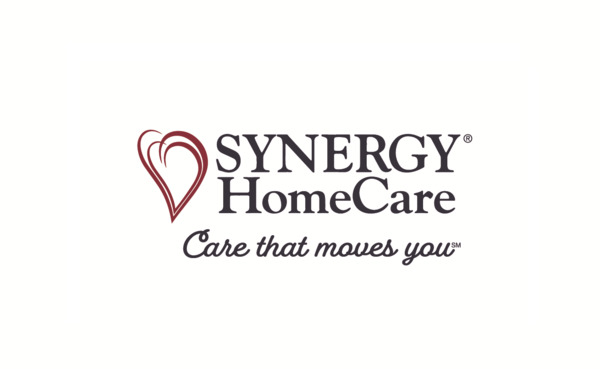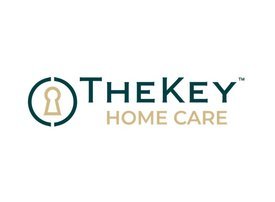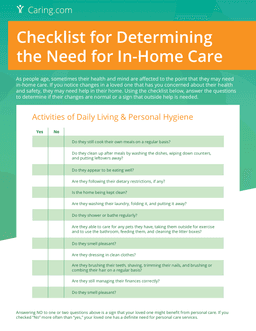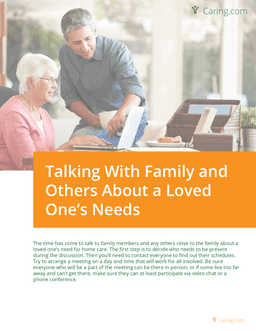
CARING STARS WINNER
4002 Barrett Dr., Ste. 103, Raleigh, NC 27609
4.7
(29 reviews)
At SYNERGY HomeCare, we understand the importance of personalized care and the desire to maintain a comfortable and independent lifestyle in the familiar surroundings of home. Our dedicated team of compassionate caregivers is committed to delivering exceptional personal care services, companion care, and sitter services to individuals of all ages.
Pricing not available




















